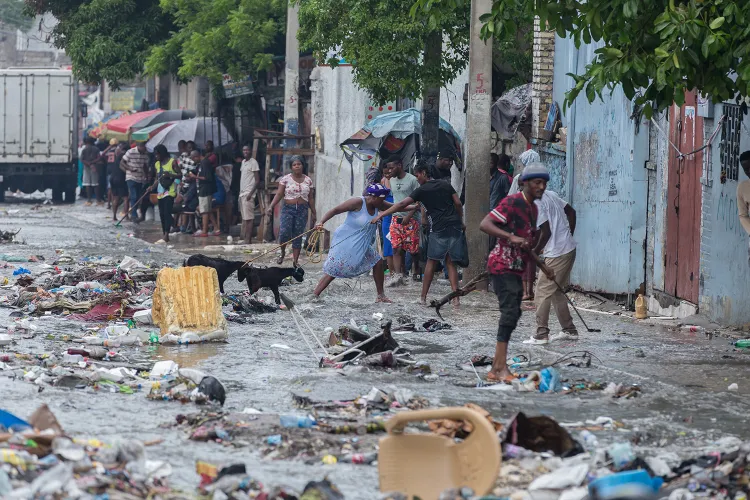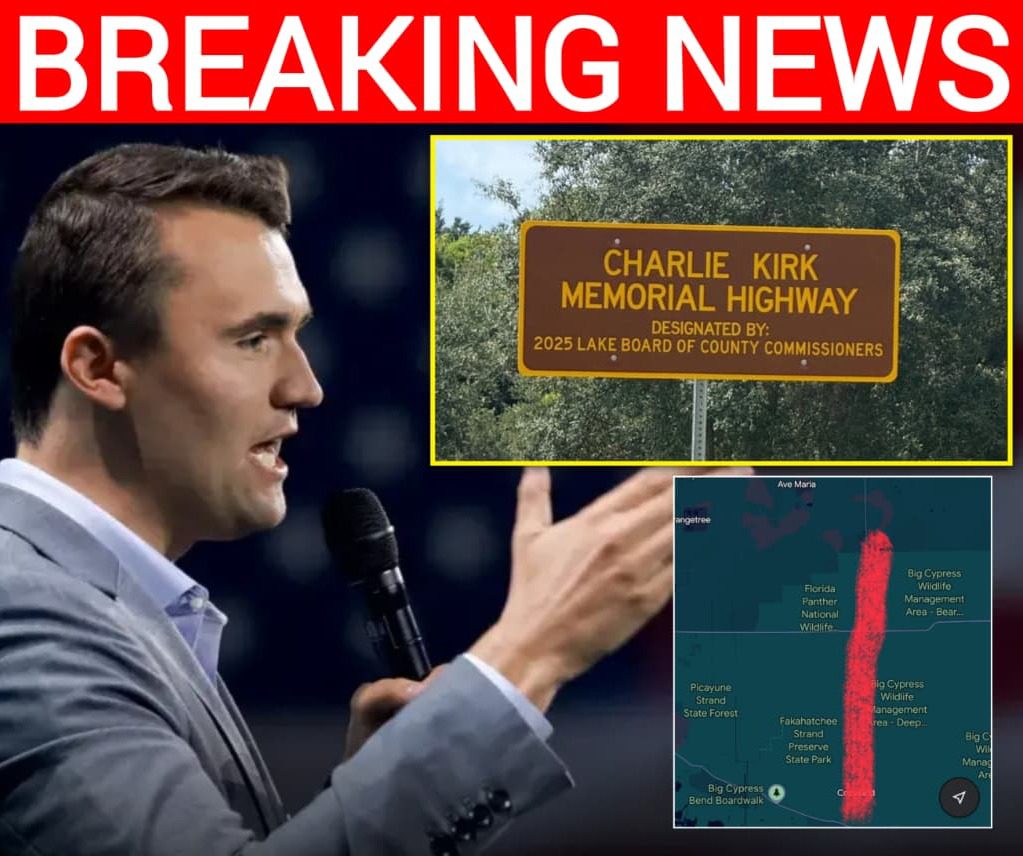Heartbreak in the Caribbean: 10 Children from One Town Among Dozens Dead as Hurricane Melissa’s Death Toll Rises
The devastation left behind by Hurricane Melissa continues to unfold across the Caribbean, painting a heartbreaking picture of loss, destruction, and resilience. As of Wednesday, at least 34 people have been confirmed dead — among them, 10 children from the same small town — as the storm carved a deadly path through Jamaica, Haiti, the Dominican Republic, and Cuba. The full scale of the disaster is still unknown, but one thing is certain: Hurricane Melissa will be remembered as one of the most powerful and tragic storms to hit the region in years.
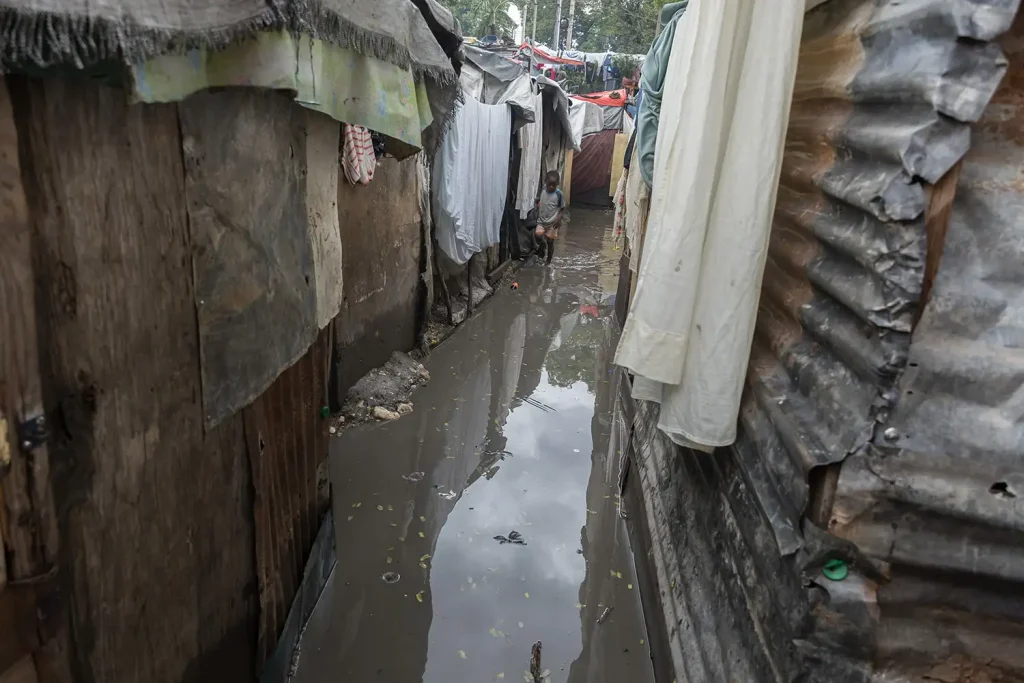
In Jamaica, where the hurricane first made landfall earlier this week, powerful winds exceeding 160 miles per hour tore through homes, uprooted trees, and left entire communities underwater. Streets that once echoed with music and laughter now stand submerged, littered with debris, while thousands remain stranded without power, food, or shelter. In one of the hardest-hit parishes, local officials confirmed that ten young children — all from the same school and neighborhood — were among those who did not survive. Their town, known for its close-knit community and small fishing economy, is now grieving together in a way words can hardly capture.
Haiti, already struggling under years of political instability and economic hardship, faced the storm’s most brutal force. Torrential rain triggered flash floods and mudslides that swept away entire homes. In the capital of Port-au-Prince, where floodwaters turned streets into rushing rivers, families waded through waist-deep water searching for safety and missing loved ones. For many, evacuation was impossible. Relief workers described scenes of chaos, where parents clung to their children as strong currents ripped through the city. “We’ve lost everything,” one survivor told local reporters. “Our homes, our schools, our people — it’s all gone.”
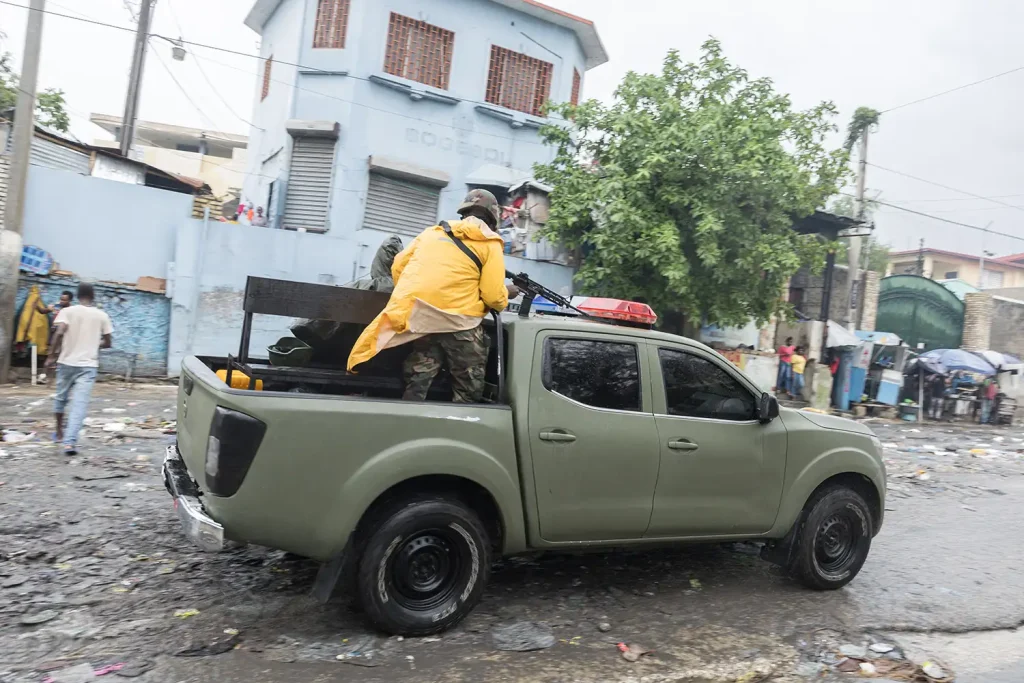
In the Dominican Republic, the government declared a state of emergency after widespread flooding destroyed key roads and bridges, cutting off access to dozens of towns. The nation’s emergency services are working around the clock, rescuing stranded residents and setting up temporary shelters. Cuba, meanwhile, faces its own unfolding crisis. The storm made its final landfall along the eastern coast, where communication remains limited and the number of casualties is still being determined. Satellite images show entire neighborhoods flattened, and local media reports that tens of thousands have been displaced.
The aftermath of Hurricane Melissa has prompted a massive regional response. Neighboring countries and international aid organizations are rushing to send food, water, and medical assistance to the affected areas. Yet, the damage runs deeper than infrastructure — it’s emotional, human, and irreplaceable. Many of those who survived now face uncertain futures, their homes destroyed and loved ones missing. Hospitals across the Caribbean are filled beyond capacity, treating injuries while struggling with shortages of supplies and power outages.
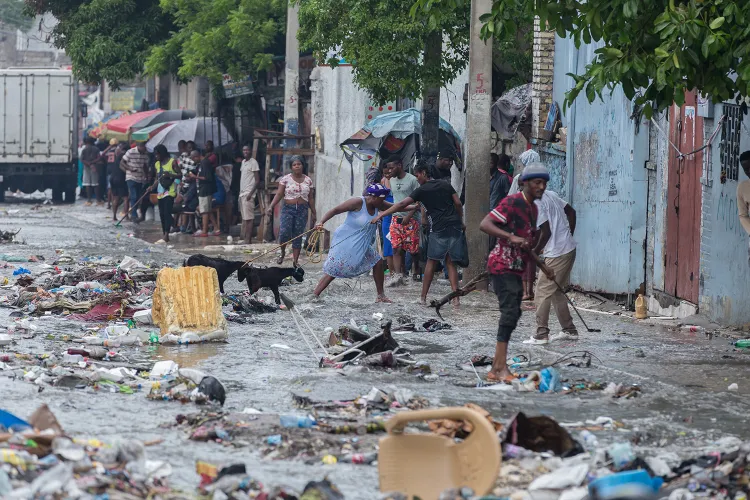
In the small Jamaican town that lost 10 of its children, a local pastor described the collective grief as “unbearable.” He told reporters that the children had been sheltering together with neighbors when a wall collapsed under the force of the storm. Their names, he said, would be remembered for years to come — not only as victims but as reminders of the fragility of life in places that bear the brunt of nature’s fury.
As the skies begin to clear, the focus now shifts from survival to recovery. Cleanup efforts are underway, but roads remain blocked, and communication in many rural areas is still cut off. Governments are urging caution as floodwaters recede, warning of potential disease outbreaks due to contaminated water. In Jamaica and Haiti, schools have been turned into makeshift shelters, with volunteers distributing food and blankets to families who lost everything.
The storm’s scale has reignited conversations about the growing intensity of hurricanes in the Caribbean, where warmer ocean temperatures continue to fuel stronger, deadlier storms each year. Scientists have warned that disasters like Melissa could become more frequent, urging renewed investment in resilient infrastructure and early-warning systems.
For now, though, the region mourns — united in sorrow and strength. Amid the ruins, stories of heroism continue to emerge: neighbors rescuing one another, strangers sharing what little they have left, and communities vowing to rebuild. “We’ve been through storms before,” one Haitian mother said, “but this one took more than our homes. It took our hearts.”
